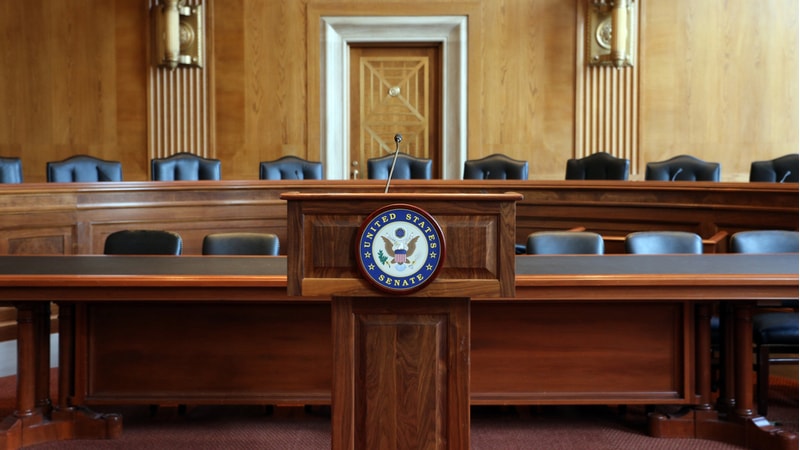
Lawmakers voiced their concerns about U.S. capability and progress in countering the increasing threat of China dominating the technology sector.
During a House Committee on Science, Space, and Technology hearing on May 10, various members of Congress directed questions to Dr. Laurie Locascio, director at the National Institute of Standards and Technology (NIST), on what progress the U.S. has had on countering China since the passage of the Chips and Science Act of last year.
“We’re trying to compete with China … for global technology leadership. And so, we cannot miss the opportunity to have everyone engaged in our technology economy,” said Locascio.
Rep. Bill Posey, R-FL., questioned Locascio on how the agency has been working to mitigate the adoption of AI tools and technology standards from China on the global stage.
“China is present and much more prominently in the international standards organizations at this particular time, and they have really laid down the gauntlet when they set forth their standard China standards 2035 strategy,” said Locascio.
Despite this, Locasio noted that the U.S. still leads in many areas internationally when it comes to technological superiority and presence.
“I will say that internationally with our like-minded partners and allies, we have many more leadership positions than China does on the international standard stage. That’s not to say, it’s not something we shouldn’t worry about,” said Locascio.
Another important area that other members of Congress worried about was the need to secure institutions of research across the U.S. against Chinese espionage that could be used to advance Chinese technology research.
As part of the CHIPS Act, there is a provision in the law that allows for NIST to help secure research institutions from cyber espionage that could be leveraged by foreign entities for their technological gains. Thus far, Locasio noted that the NIST is still in the infancy of understanding how to best utilize this provision.
“So, we are working with universities. We have a request for information out to universities to find out how best to support them,” said Locasio.
